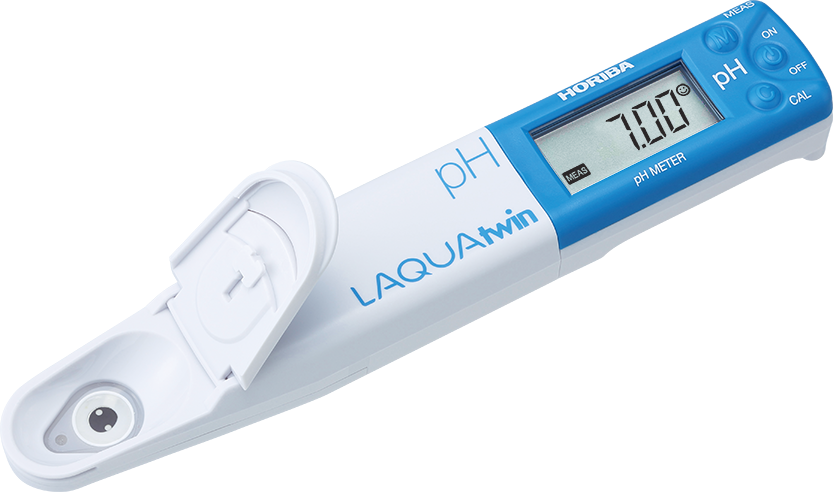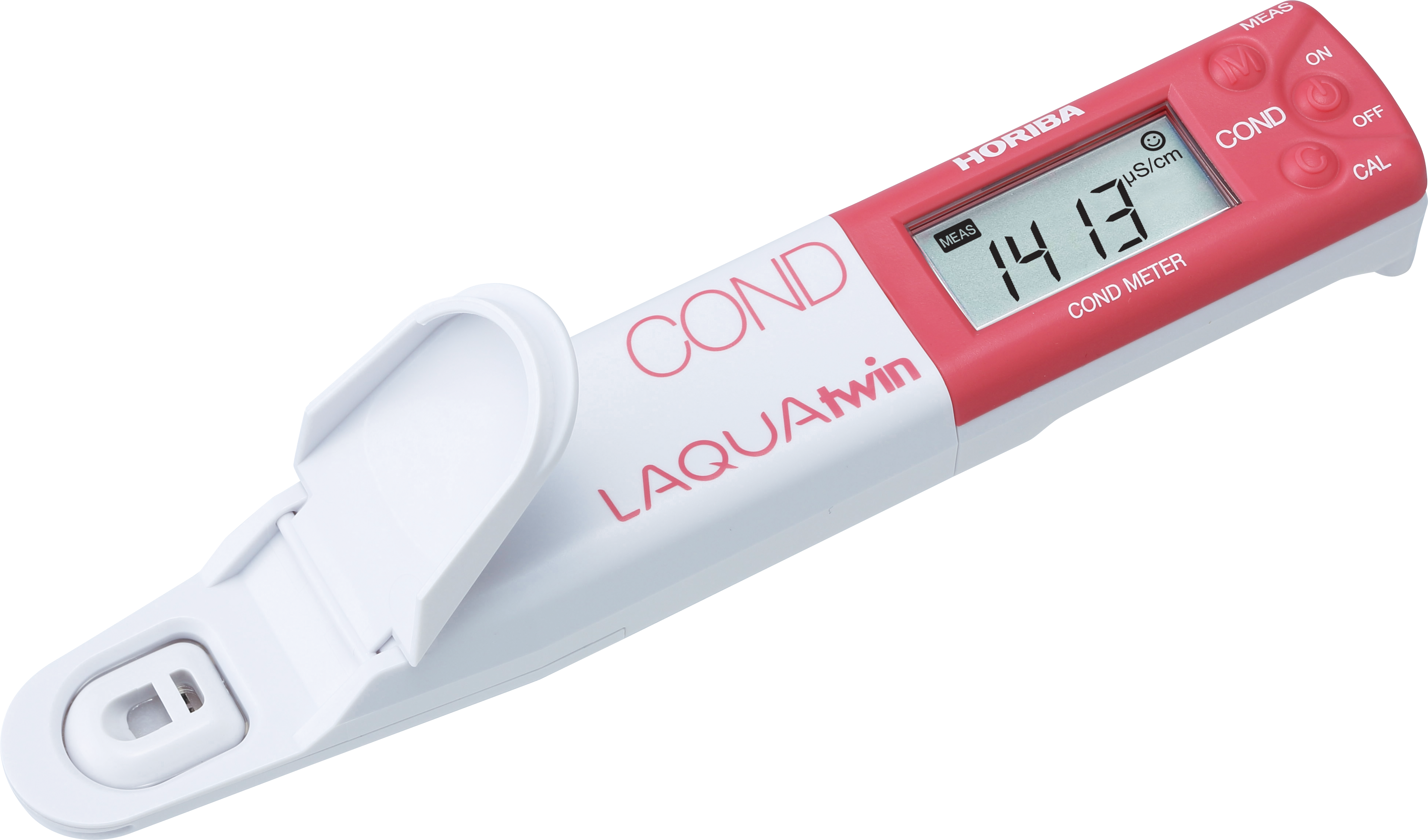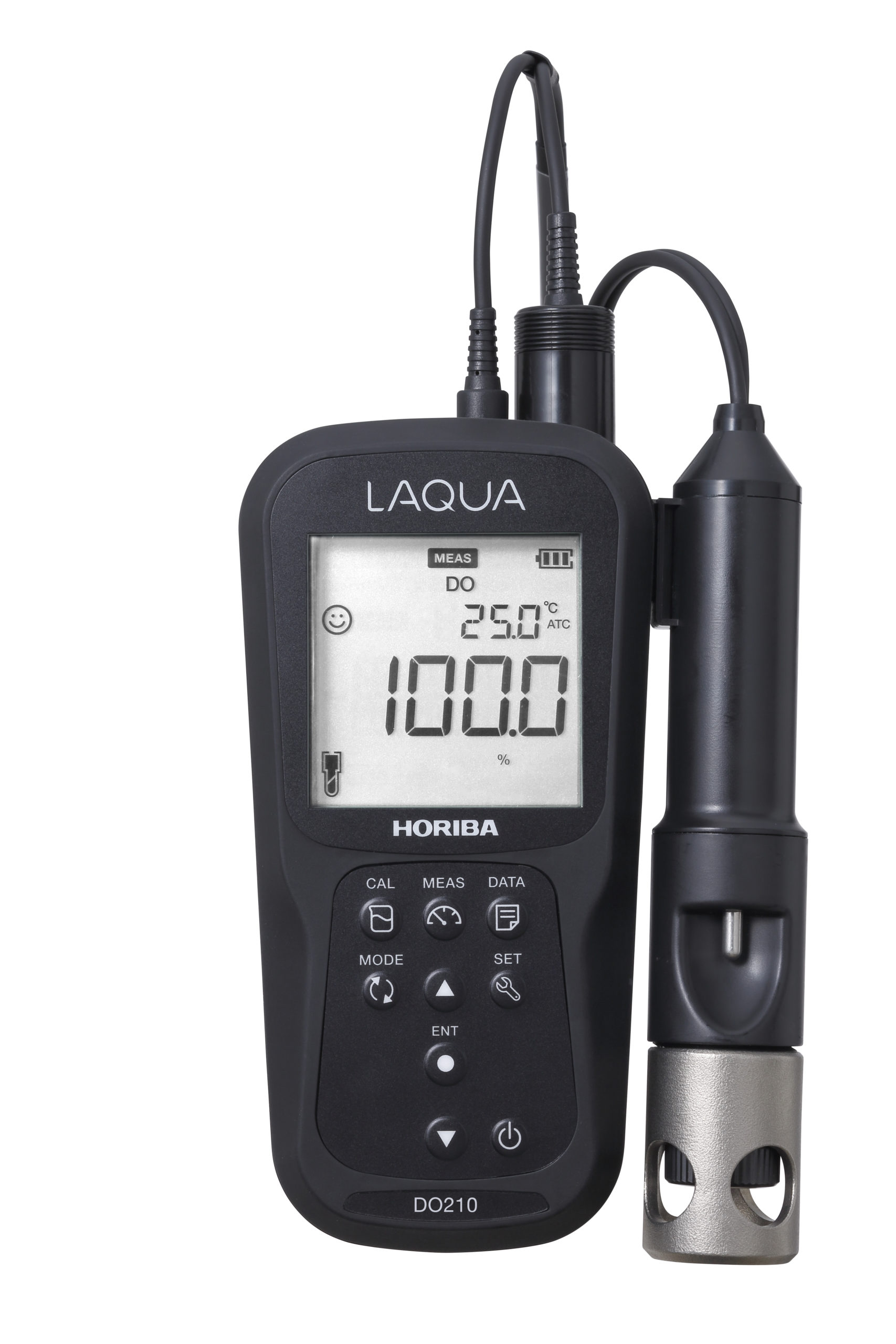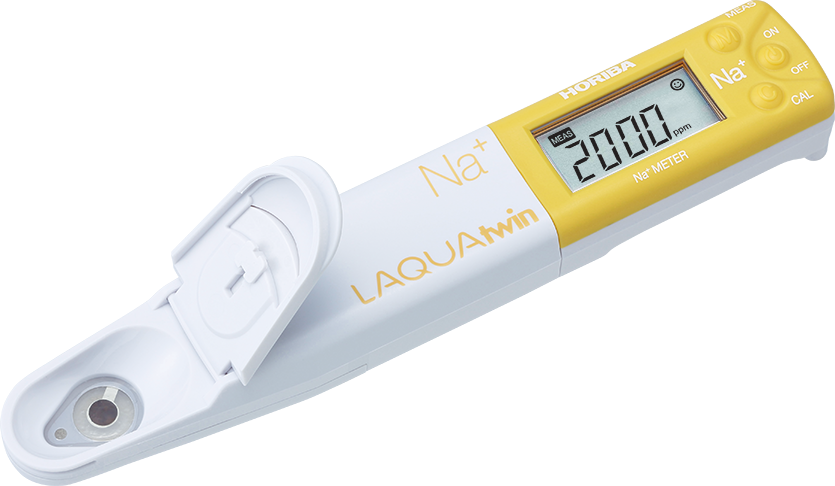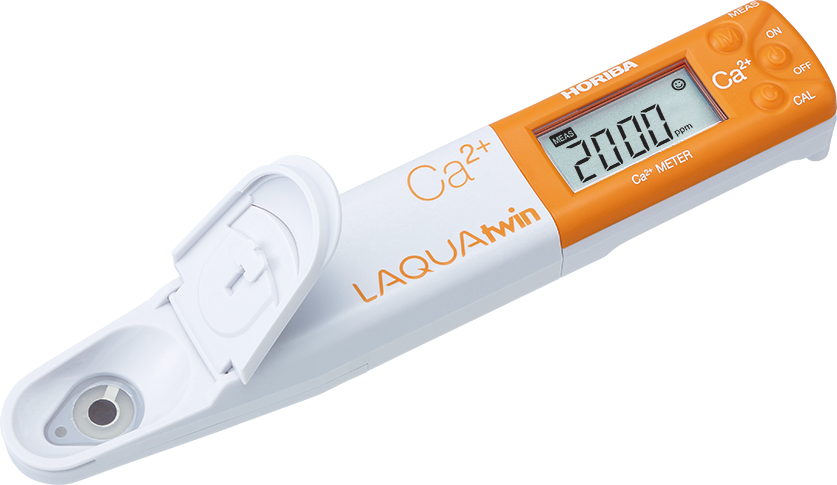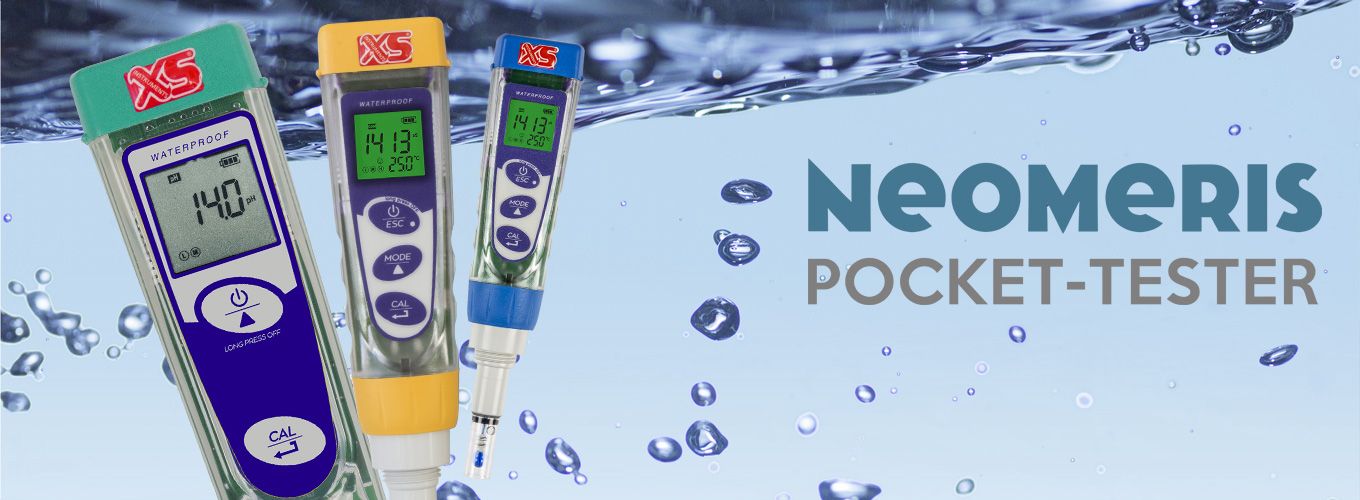HORIBA handheld meters and pocket testers
Pocket testers or handheld testers are compact and intuitive devices with an integrated sensor system. The calibration of the pocket testers is simple and straightforward. The measurement of the HORIBA handheld testers is reliable and the cleaning of the testers is easy. The pocket testers are used very successfully for pH, conductivity, salinity, sodium ions, potassium ions, nitrate and calcium ions in the measuring ranges adapted to the needs in the food and beverage industry.
HEYLNEOMERIS works as the exclusive distributor in Germany for HORIBA, offering expert advice and providing customers with a contemporary ordering system via the online store for pocket testers: www.pockettester.de.
Application areas and examples
Exemplary for the use of the measuring devices are the following applications from the field of food and beverage production
- Checking the quality parameters in the process of brewing beerThe quality of the brewing water influences the enzyme activity in the mash, the mineral solubility, the taste and quality of the beer, and the condition of the brewing equipment. To ensure excellent beer taste and to guarantee the cleanliness of the equipment after the cleaning process, the water quality must be checked with reliable and accurate equipment at the various stages of the brewing process. The LAQUAtwin Pocket Tester is ideal for quick, straightforward measurement of conductivity/dissolved solids (TDS), pH, and the anions sodium, potassium, and calcium without major sample consumption. The dissolved oxygen value, which is critical for brewing quality, must be checked regularly. The LAQUA DO handheld meter is particularly suitable for this purpose due to the precise galvanic cell.
- Quick and easy measurement of calcium content in milk and milk drinks
Dhe determination of calcium content in milk and dairy beverages is an important means for many consumers to determine their calcium intake, especially in cases of nutritional disorders or diseases. The classical laboratory methods, such as Atomic Absorption Spectroscopy (AAS) and Inductively Coupled Plasma Atomic Emission (ICP) are not suitable for rapid investigations in the field of targeted nutritional analysis and diagnosis due to their complexity and cost. The LAQUAtwin Ca provides a much simpler method of calcium ion measurement by ionized protein-bound calcium in acidified laboratory samples of milk samples.
- Checking the residual sodium content in the CIP process with alkaline cleaning solution (NaOH)
In the production of food and beverages, comprehensive and reliable hygiene of the machine technology and filling systems is of decisive importance for the safe consumption of the products. Therefore, it is necessary that the equipment can be cleaned in a continuous process, if possible. The components of the equipment, such as containers, filters, and fittings, are not disassembled but chemically treated in the so-called CIP, Clean-In-Place process. Corrosive substances such as soda ash or caustic soda are often used for this purpose. The dosage and exposure to these aggressive chemicals must be closely monitored and checked, especially after the cleaning process has been completed. Elaborate online measuring technology is usually too susceptible, and must be frequently readjusted and cleaned. Thus, a rapid test for sodium ions is suitable as a component of the cleaning agents, especially when rinsing and changing water before starting the following filling process. The LAQUAtwin Na-11 pocket testers can be used for measuring and monitoring excess sodium ions during the CIP process.
- Determination of sodium and salt content in food samples
Foods have varying amounts of NaCl, which is 40% sodium. Determining sodium in foods, such as bread or frozen foods, can reduce the risks associated with eating a high-salt diet. American cardiologists recommend a daily consumption of less than 1500 mg for adults to avoid a negative effect on blood pressure. Measurements are made with the LAQUAtwin Na-11 Pocket Tester in minute sample volumes diluted with distilled water. Solid samples are homogenized in a blender and usually diluted to 100 ml. Detection of dissolved sodium and salinity takes a few minutes depending on the amount of salt and temperature of the sample. By calibrating the sensor to standards of 150 and 2000 mg/l sodium, a sufficiently high accuracy of the measurement can be achieved.
- pH measurement of pickled vegetables and fruitVegetables and fruit can be preserved by pickling in brine, oil, water or vinegar. However, filling the food in jars or tins or using an unsuitable or contaminated preservative can lead to health risks, including symptoms of poisoning. There are repeated cases of bacterial poisoning, usually caused by anaerobic, spore-forming clostridia. To avoid this risk, the pH in the pickled food must not exceed 4.6. The LAQUAtwin pH meter can be used for this check on the pre-treated samples. Due to the reliable calibration at pH 4.01 and 7.00, a well reproducible measurement can be performed on the samples homogenized in the mixer and diluted with distilled water.
